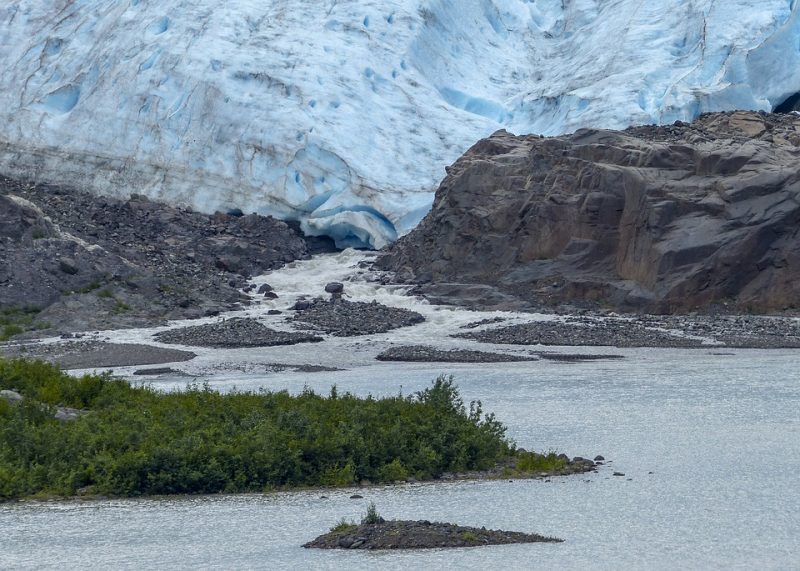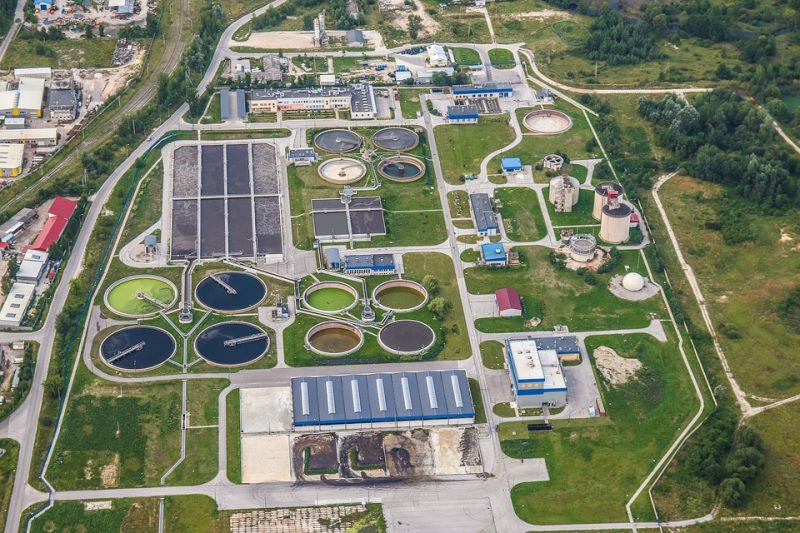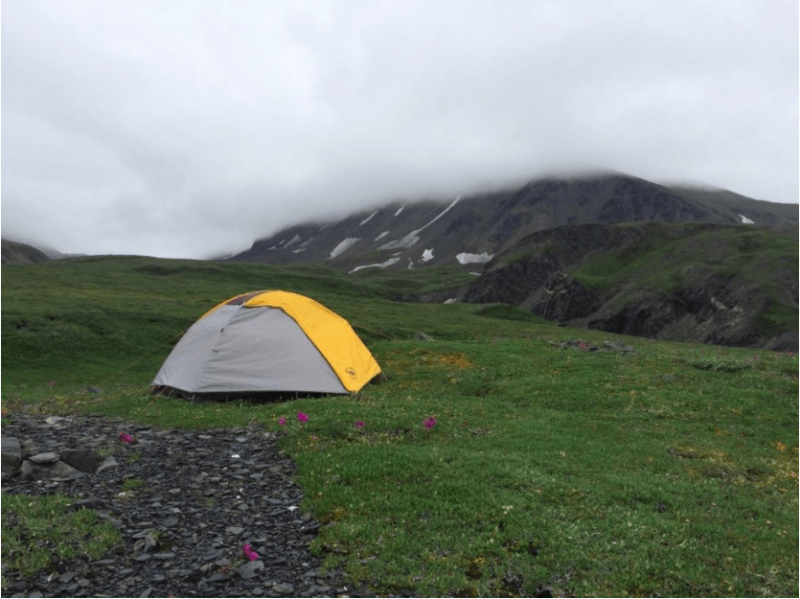Did Carbon Dioxide (CO2), Ocean Heat, Or Both Contribute To Global Warming During The Last 400,000 Years?

Published by Knut L. Seip, Øyvind Grøn and Hui Wang OsloMet – Oslo Metropolitan University and the NOAA/NWS/NCEP/Climate Prediction Center These findings are described in the…
Read more










